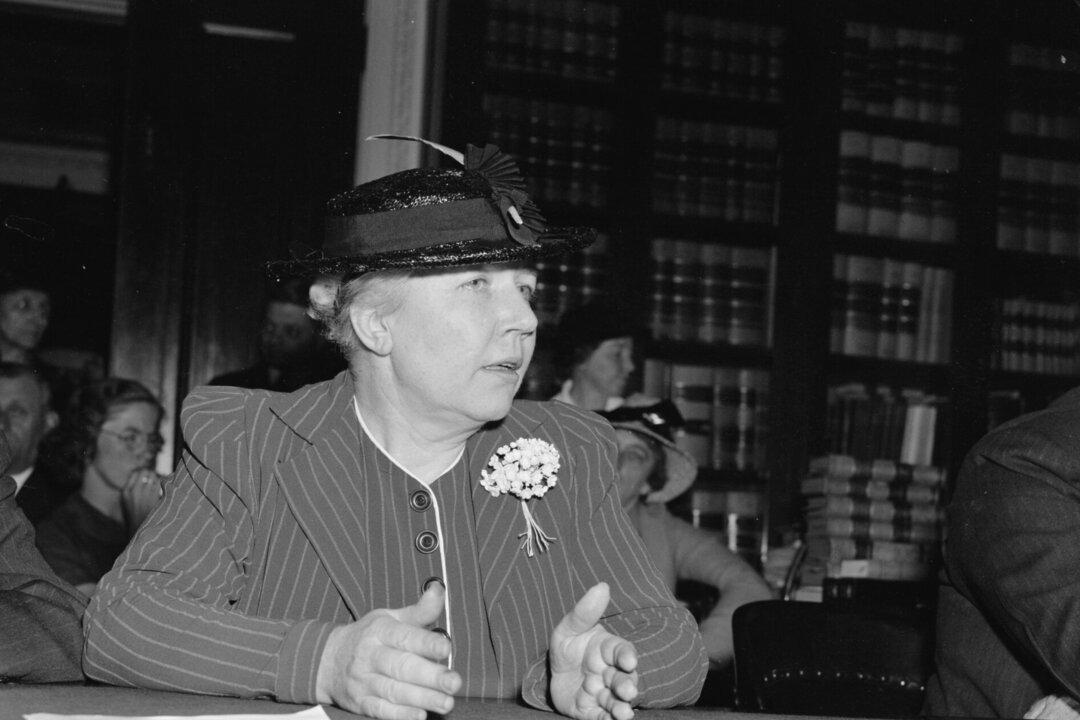Commentary
To the limited extent that Americans today know the name Rose Wilder Lane, it mostly results from her collaboration with her mother, Laura Ingalls Wilder, in producing a series of Little House books about pioneer life in the late 19th century. They became the basis for nine seasons of a popular television show, “Little House on the Prairie” (1974–1983). Lane deserved posthumous praise for her literature, to be sure, but thanks to a new book from editors David T. Beito and Marcus Witcher, it is more apparent than ever that her contributions to ideas of liberty outrank everything else in importance.





